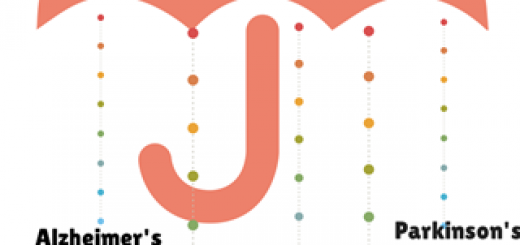How caffeine helps you in your training
Without a doubt, caffeine represents the most consumed stimulating substance in the world. Whether through coffee beans, infusions or other alternative routes, its consumption is commonly related to an improvement in the sports and cognitive field.
But what is really true about it? Today we tell you about the effects of caffeine on our metabolism and how it can affect our athletic performance and fat burning. This is how caffeine helps you in your training.
The stimulating role of caffeine and its physiological effects
As mentioned, caffeine, consumed properly and in the recommended doses, has been related to stimulating properties on the central nervous system (CNS). It has been studied that this direct relationship with metabolic activation is translated into an increase in heart rate and blood pumping itself.
Due to these reasons it is not surprising that many athletes resort to its consumption as an aid to fat burning or to improve sports performance.
After its intake, and within approximately 45 minutes to an hour, begin to appear the physiological stimulatory effects and vasoconstrictors proper to caffeine, an interaction with the nervous system that will be maintained for at least four hours later.
Benefits of caffeine at a sporting level
Effects on fat burning : in addition to its satiating level and its thermogenic effect, studies conclude in a lipolytic effect of caffeine, through a consumption of 4mg caffeine / kg body weight, observing a consequent increase in basal metabolism and the use of free fatty acids (FFA) as an energy source.
The research has concluded that this mechanism is particularly effective in those workouts that keep the EPOC effect intensity above 60minutes. In this type of training with high muscle and metabolic impact, although initial glycogen consumption is required, the subsequent prolonged fat burning will benefit.
Effects on sports performance : it has been investigated that the effect that causes caffeine in the central nervous system, generating the blockade of adenosine receptors, results in a lower transmission of the sensation of pain and fatigue during training, which it results in an improvement in both the endurance and the intensity of the training.
In addition to this, the release of adrenaline and the increase of dopamine after the consumption of caffeine, gives our body an extra motivation that will also positively influence the increase in sports performance.
Recommended doses and possible side effects
Starting from the basis that caffeine, as a stimulating substance, can cause some addiction, it is very feasible that if we take it continuously our body can get used to its effects and we do not perceive the benefits at sport level that we have commented.
For this reason, it is recommended that a cyclical intake of caffeine be made byresorting to its consumption on occasions when we are more fatigued or that we are going to perform more intense and demanding training sessions.
Caffeine consumption is safe as long as the recommended doses are not exceeded
The effect of caffeine consumption will depend on the previous tolerance of each person . Generally for those people who are not used to ingesting it, a dose of 100mg may be enough to notice its effects.
In the case that some tolerance has already been generated in their consumption or that the training is very intense the recommended dose can exceed 200mg.The consumption of caffeine can be through the coffee bean itself, alternative infusions or caffeine supplementation, which would be the simplest way to control the dose in an optimal way, since a traditional cup of coffee can vary notably its caffeine concentration ( both for the preparation and for the brand). To get a quantitative idea, the amount of caffeine present in a conventional coffee can be around 60-110mg of caffeine. As we can see, a very low and variable concentration to see the effects of caffeine, on the strength and glycogen synthesis, only taking conventional coffee cups.
Individualizing the dose according to our body composition, the caffeine recommendation ranges from 4mg to 6-8mg / kg of body weight. Below these figures, on many occasions, the results may not be visible, and above these may begin to appear harmful side effects such as: exaggerated elevation of heart rate, digestive problems, inability to fall asleep, excessive excitement or even anxiety problems.
When is the best time to take caffeine: pre or post training?
It is generally advised that caffeine should be taken about 30 minutes before training begins. Studies have shown that taking pre-workout caffeine is related to an increase in the subsequent sports performance and a lower perception of muscle pain, proven benefits, especially in the short term.
Despite this recommendation, the fact is that benefits have also been observed in post-workout caffeine consumption . In this case, the supplementation after the training, together with the hydrate recharge, increased the synthesis and glycogen reserve, promoting better muscle recovery.
Conclusions
Indeed, caffeine is a stimulant that if taken in the recommended doses can provide benefits in terms of sports performance, either natural (coffees or infusions) or by supplementation , more advisable in the case of requiring higher caffeine needs (up to 8mg / kg of body weight) due to training of greater intensity and demand. In these cases, supplementation is considered more advisable to control and adjust the doses correctly.
As a general rule, its pre-training consumption is recommended to visualize an improvement in sports performance, although its post-workout consumption has also been proven to have muscle recovery benefits . Both options, or even a “pretoma” hours before a resistance training, along with a hydrate intake, can be effective alternatives to benefit from the effects of caffeine.








